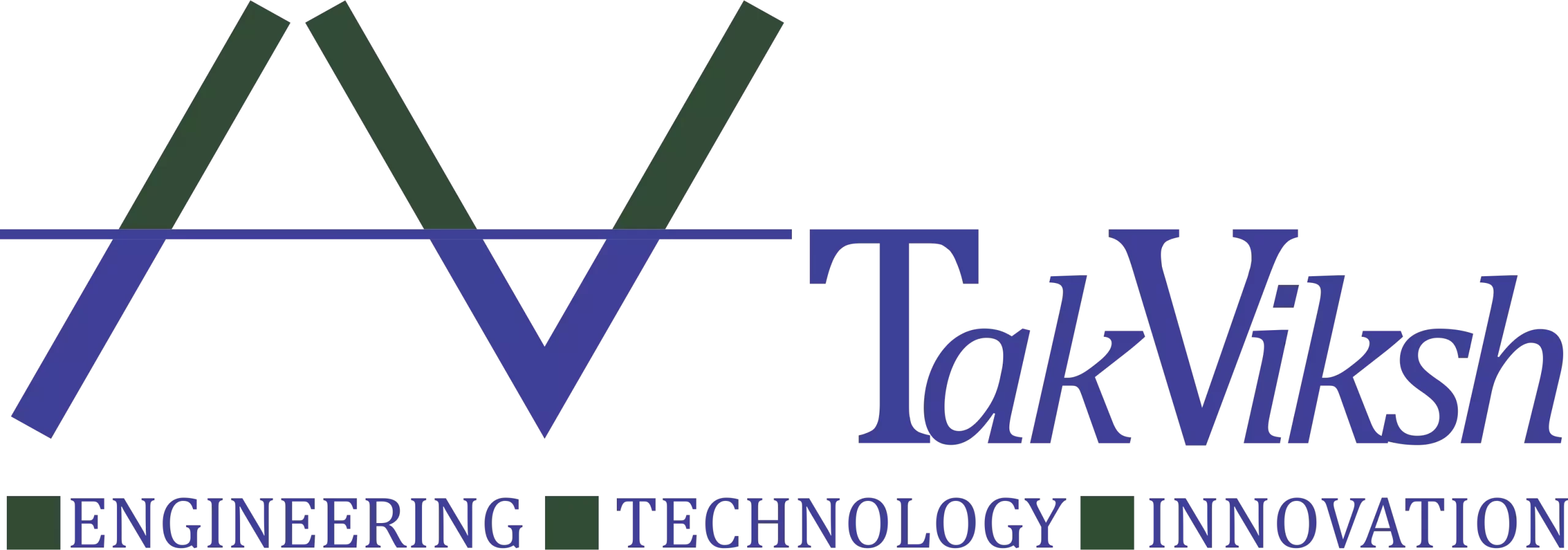We know that every day, many projects and infrastructure development tasks are undertaken across the world. Compared to the manufacturing sector, the construction industry is almost unique where the “Project is sold before it is made.” Every project has stakeholders/clients and vendor/seller/supplier in common. In other words, every project is initiated by an organization which should be supported by suppliers for the various needs of procurement. For a project to be successful, thorough project management contracts are a must. Most traditional contractual relationships are of three types — Fixed Price contract, Cost-Reimbursable and Time and Material Contract. Let’s have a look at the pros and cons under each of these types of project management contracts used by most project management consultants:-
Fixed-Price Contract
Many experts call a Fixed-Price contract a lump-sum contract. You use this contract when the scope of work is fixed. Once the contract is signed, the seller is contractually bound to complete the task within the agreed price and time. Therefore, the seller bears most of the risk. There is no price renegotiation unless the scope of work changes. Generally, outsourcing and turnkey procurement contracts are Fixed-Price. Since the cost cannot change, this contract is suitable for controlling costs. Here, change in scope is a costly affair. Contractors often get the contract by bidding the lowest price and then try to generate extra revenue at any opportunity, such as an added scope. We’ve often seen contractors quarrel with project managers regarding the scope that they agreed initially but later argued on small issues to raise the change request. To have a successful contract, your project management consultant must make sure that the scope is well-defined and as detailed as possible and that you observe any changes in the scope carefully.
You can divide a Fixed-Price contracts into three sub-categories:
- Firm-Fixed-Price contract (FFP)
- Fixed Price Incentive Fee contract (FPIF)
- Fixed Price with Economic Price Adjustment Contract (FP-EPA)
Cost Reimbursable Contract
Experts call this contract a Cost Disbursable contract. Here, the seller is reimbursed for completed work plus a fee representing their profit. Often, sellers get this fee if they meet or exceed the selected project objectives: completing the task earlier or saving costs, etc. You use a Cost Reimbursable contract when there is uncertainty in the scope, or if the risk is higher. In this contract, the risk is on the buyer as they pay for all costs. This contract provides you with better cost control when you don’t have a well-defined scope. The seller may try to increase the cost to increase the fee or reimbursement. Your project management consultant can minimize this through proper monitoring or capping the profit. For example, the maximum profit is 10% of the total cost.
You can divide Cost Reimbursable contracts into four categories:
- Cost Plus Fixed Fee (CPFF)
- Cost Plus Incentive Fee (CPIF)
- Cost Plus Award Fee (CPAF)
- Cost Plus Percentage of Cost (CPPC)
Time & Material Contract
This a hybrid type of contract combining the features of Fixed as well as Cost Reimbursable contracts. This is often used by project management consultants when contractual requirements (scope) are not known/ prescribed. Also, this type of contract is suitable for acquisition/hiring of experts, project staff required for a particular period.
Selecting a project management contract is one of the most crucial parts of any successful project, as it determines your relationship with the supplier. You want to select a contract that provides the best value for time and money and can protect your project from risks. Select a Fixed-Price contract if the scope of work is well defined. However, Cost Reimbursable is a good choice if the scope of work is not fixed. The Time and Material type is good for hiring consultants or outside support. Having an astute project management consultant can save you overhead costs and help you carry out your project smoothly.
Our proficient team of project management consultants at Takviksh can not only help you choose the perfect project management contract but can also connect you to the right suppliers so that your project is delivered in-time and efficiently. We can also tailor-make Project Management Contracts that best suit your project’s needs







Recent Comments